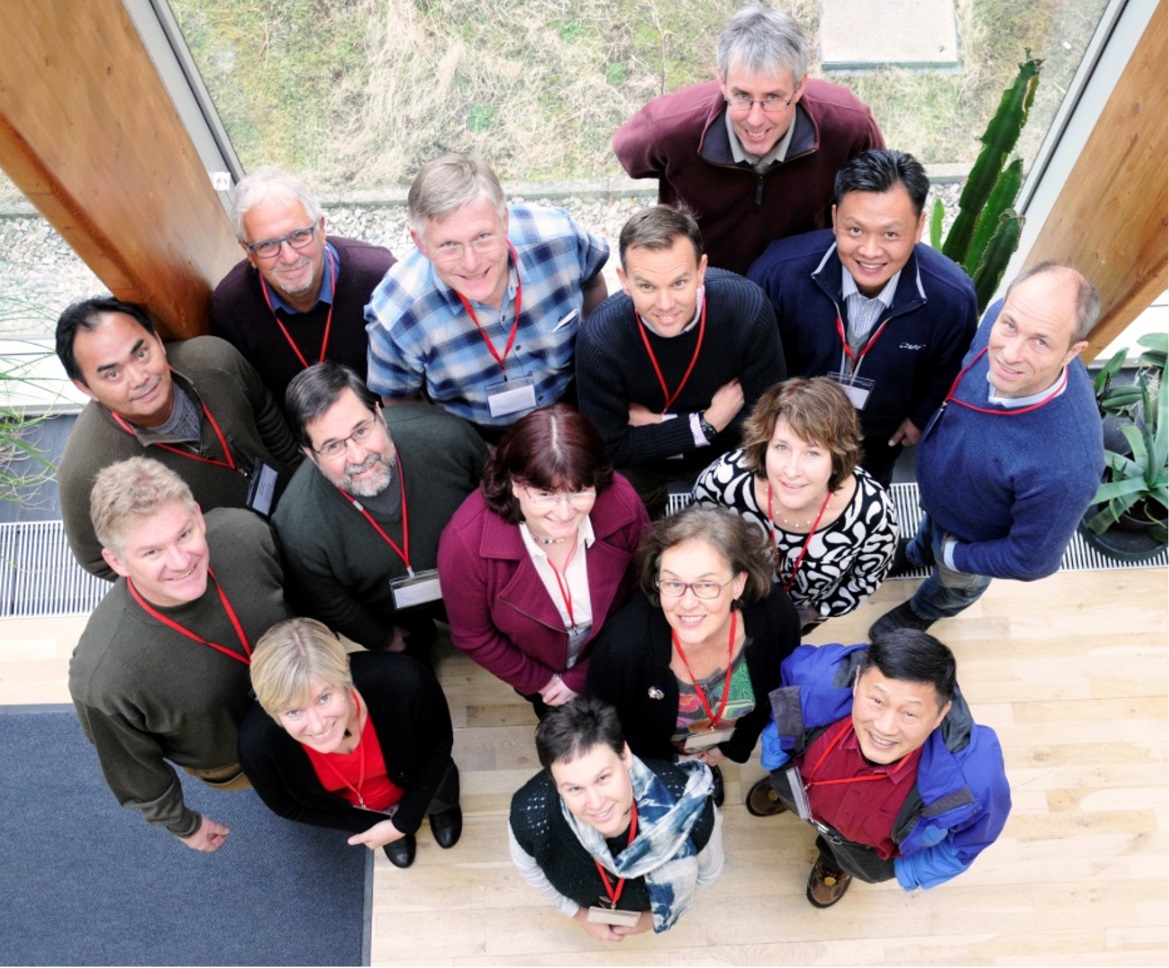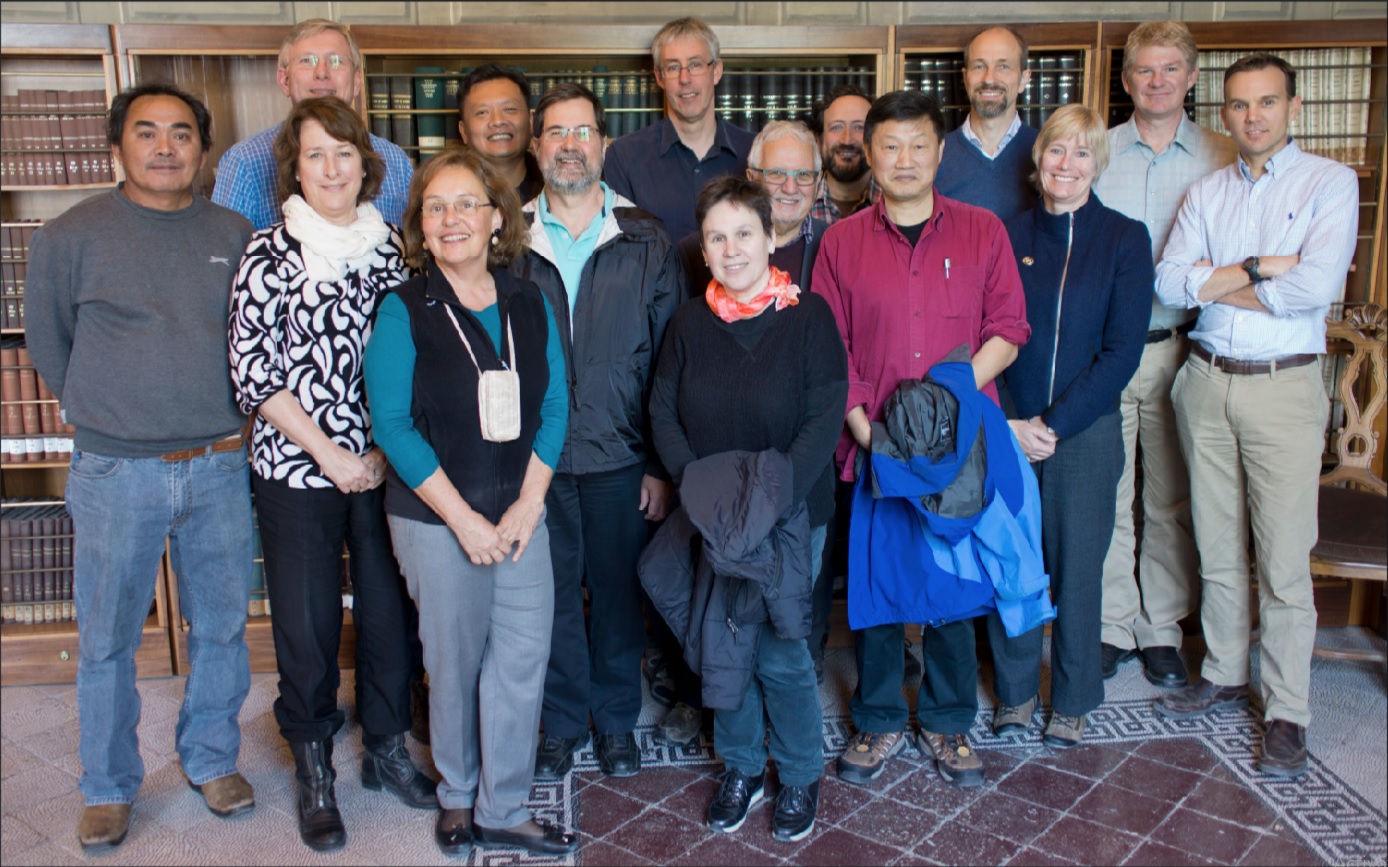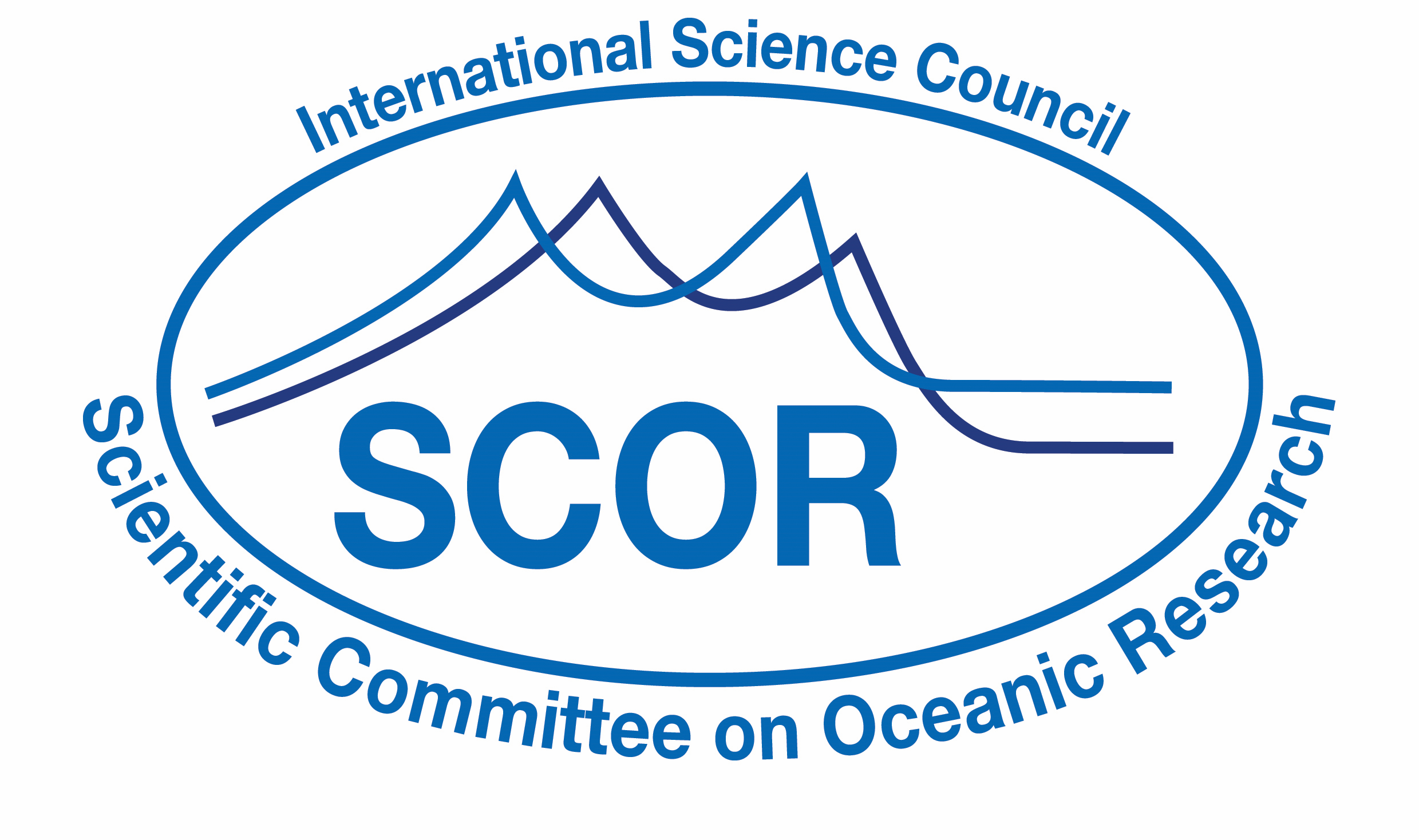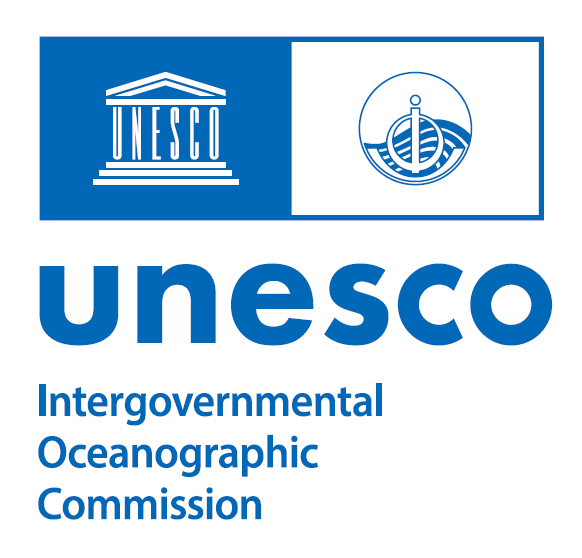First meeting of the GlobalHAB SSC.
The GlobalHAB SSC met in at SAMS, Oban, Scotland, UK, from 7 to 9th March to initiate GlobalHAB as successor programme to GEOHAB.
GlobalHAB – a new initiative in the HAB community

GlobalHAB, the new international scientific programme on Harmful Algal Blooms (HABs) was launched this year. The first meeting of the newly formed GlobalHAB Scientific Steering Committee (SSC) was hosted at the Scottish Association for Marine Science (SAMS) in Oban, Scotland from 8 to 10 March 2016. GlobalHAB is an initiative under the auspices of the Scientific Committee on Oceanic Research (SCOR) and the Intergovernmental Oceanographic Commission of UNESCO (IOC). GlobalHAB builds on the wealth of scientific results delivered through the recently completed Global Ecology and Oceanography of Harmful Algal Blooms (GEOHAB) programme (www.geohab.info).
The steering committee has representatives from across the globe: Elisa Berdalet (Chair, Spain), Neil Banas (UK), Michele Burford (Australia), Chris Gobler (USA), Bengt Karlson (Sweden), Raphael Kudela (USA), Po Teen Lim (Malaysia), Lincoln Mackenzie (New Zealand), Marina Montresor (Italy), and Kedong Yin (China). Liaisons from ICES (Eileen Bresnan), IPHAB (Gires Usup), PICES and ISSHA (Vera Trainer), and SAMS (Keith Davidson) participated in the meeting and are helping develop the GlobalHAB plans. Henrik Enevoldsen from IOC and Ed Urban from SCOR assisted the GlobalHAB SSC and provided input from sponsoring organizations.
In this first meeting, with a positive and active atmosphere, the participants defined the mission and goals, and the fundamental elements that will structure the GlobalHAB Science and Implementation Plan is expected to be completed by June 2016
A range of implementation activities were identified to be undertaken in the next three years and beyond. Namely, workshops and open science meetings will specifically address toxin-related challenges (detection methods, action mode, molecular basis), evaluate the impacts of aquaculture on HAB occurrences in different regions, and ascertain the potential climate change impacts on HABs occurrence in freshwater and marine ecosystems. Science/stakeholder forums will be organized to assess the potential socio-economic impacts of HAB occurrences and to engage the medical community to improve human health protection. GlobalHAB implementation will be conducted with new linkages with the existing international and regional initiatives including IPHAB, the ICES-IOC Working Group on HAB Dynamics, PICES Section on Ecology of Harmful Algal Blooms in the North Pacific, GOOS, the IOCCG/GEOHAB Ocean Colour & HAB working group, GEO and IAEA.
The GlobalHAB Science and Implementation Plan will be presented at the 17th International Conference on Harmful Algae in Florianopolis, Brazil in October 2016. This will be an extraordinary opportunity to involve the international community working on HABs with the new programme. As in its predecessor programme, GEOHAB, the international coordination approach to address the fundamental problem of HABs is the keystone of GlobalHAB.
The agenda of the meeting can be download here
Second meeting of the GlobalHAB SSC.

The objectives of this meeting were to finish edition of the revised Science and Implementation Plan. This document constitutes an addendum to the GEOHAB Science Plan. An analysis of the activities that can be implemented at short (1-2 years) and longer (until 2025) term, was also conducted.
The agenda of the meeting can be found here


